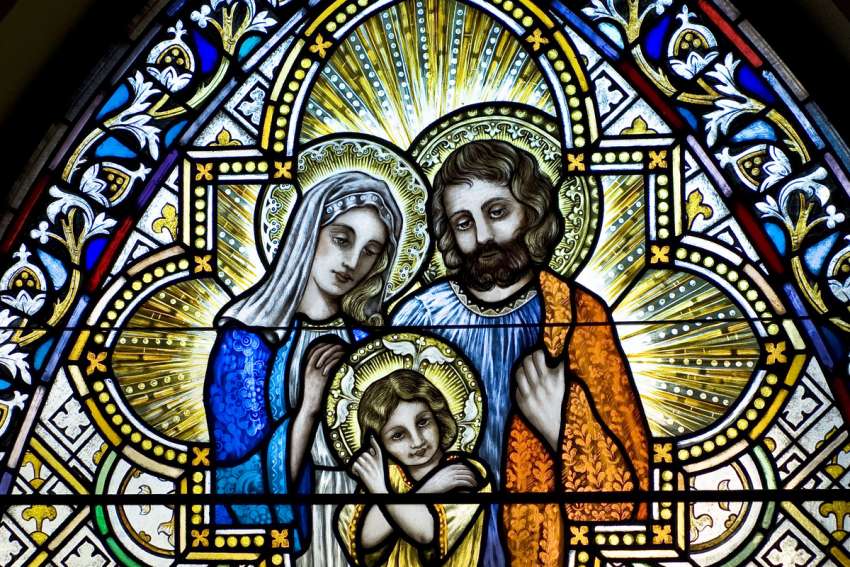The years sped by, but still no children. Sarah sent her maidservant to Abraham so that he might have offspring through her — and he did — Ishmael. Now Abraham was having a rather brittle and testy conversation with God. Abraham protested that his heir would be the son of a slave girl. This was not quite what God had promised. But God brushed aside his objection and assured him that the slave girl’s son would not be his heir. His heir would be of his own flesh and that of Sarah.
With graphic overkill God challenged Abraham to count the stars in the night sky — his descendants would be more numerous. And the grains of sand on the seashore — these would be nothing compared to the number of his progeny. God then upgraded the promise. Abram, for that was his name , would become the father of a multitude of nations. In effect, he was practically re-peopling the Earth. At this point, both Abraham and his wife got name changes — he became Abraham, Sarai became Sarah. In the Old Testament, name changes often accompanied momentous life changes and the overcoming of struggles.
We might wonder why God waited so long and tried Abraham’s patience. God often waited until whatever was going to be accomplished was no longer humanly possible. Abraham was 100 years old, and Sarah was not far behind. God then stepped in, demonstrating beyond a doubt that this was the hand of God and not human efforts. Patience is difficult, especially when we are dealing with God. We have our timetable — and that usually means now — but God has His own, seldom even close to ours. Waiting faithfully on God is the most difficult and exacting spirituality there is, but it is also the most rewarding.
In the Letter to the Hebrews, the author recounted the Abraham story, stressing his faith and obedience. There is an interesting phrase — “he set out, not knowing where he was going.” This is a perfect description of a person of deep faith. A faith-filled person does not need an itinerary or road map, they trust that God will guide them and provide for them. Their faith is expressed in and during the journey itself.
Simeon was also a man of patience. God had promised him that he would not die before having seen the Saviour. But again, the years raced by. The day that the Holy Family brought Jesus for presentation to the Lord was probably chaotic. The temple mount was huge and great throngs of people were undoubtedly present. But Simeon knew how to wait patiently, and he knew how to watch and listen. He knew immediately that the Holy Family had arrived, and he knew who Jesus was. As he blessed the infant Jesus, he praised God and said that his life was complete — he could depart this Earth in peace. He was joined by Anna, another holy person who knew how to watch and wait. She too perceived the presence of the Lord immediately. They had both focused with laser-like intensity on God’s promises and on the expectation shared by many of a deliverer. And they were both people who dwelt in the Spirit and allowed themselves to be led by the Spirit.
Today is more than ever a time for patient and spiritually sensitive waiting. So many voices, images and emotions bombard us from every direction. Where is God in all this? Is there any cause for hope? Our own world is not that much different from the one into which Jesus was born. Darkness, injustice and fear are the perfect settings for the presence of God to break in upon our world. Wait, watch and listen.


